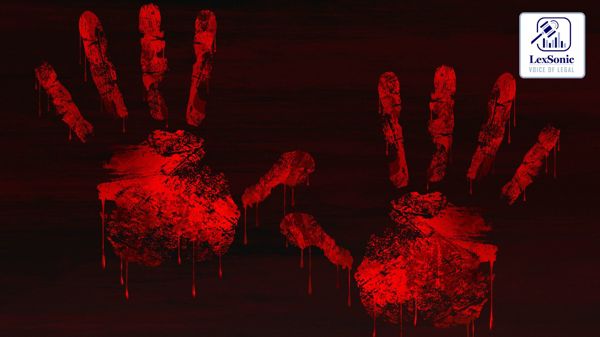Self-Defense Claim Fails as Supreme Court Upholds Murder Verdict.
In a recent judgement, the Supreme Court of India upheld the murder and attempted murder convictions stemming from a deadly shootout in a rural village. The case centered around the Appellant, who was accused of fatally shooting Kaptan Singh and injuring Indal Singh.
The incident unfolded when the appellant, along with Chutallu and Shiv Singh, arrived at an unspecified location within the village. Witness accounts describe a subsequent confrontation that erupted in gunfire. The prosecution built its case on the claim that the appellant was the direct shooter, responsible for both Kaptan Singh's death and Indal Singh's injuries. Indal Singh, however, presented a different narrative, asserting self-defense and claiming he fired the fatal shots that killed Chutallu and Shiv Singh.

The crux of the case rested on the credibility of witness testimonies. The prosecution relied on eyewitness accounts that placed the Appellant at the scene of the crime and implicated him in the shooting. The defense countered with alibi witnesses who testified that the Appellant was not present during the incident.
Following a trial, the Appellant was found guilty of murder and attempted murder. He subsequently challenged the verdict through an appeal, but the High Court ultimately dismissed it. Unwilling to accept defeat, the Appellant brought the case before the Supreme Court. However, the apex court meticulously reviewed the evidence and ultimately concurred with the lower courts' decisions.
The Supreme Court's judgement hinged on meticulously dissecting the credibility of the presented witnesses. The prosecution's eyewitnesses were deemed trustworthy and their accounts reliable, providing a compelling narrative of the events. Conversely, the defense's alibi witnesses failed to convince the Court, leaving significant doubt about the appellant's whereabouts during the critical moments of the shootout.
This case underscores the critical role witness testimony plays in establishing guilt or innocence within the Indian legal system. The Supreme Court's decision serves as a reminder of the importance of witness reliability and the meticulous evaluation such testimonies undergo during the judicial process.
Code of Criminal Procedure, 1973
